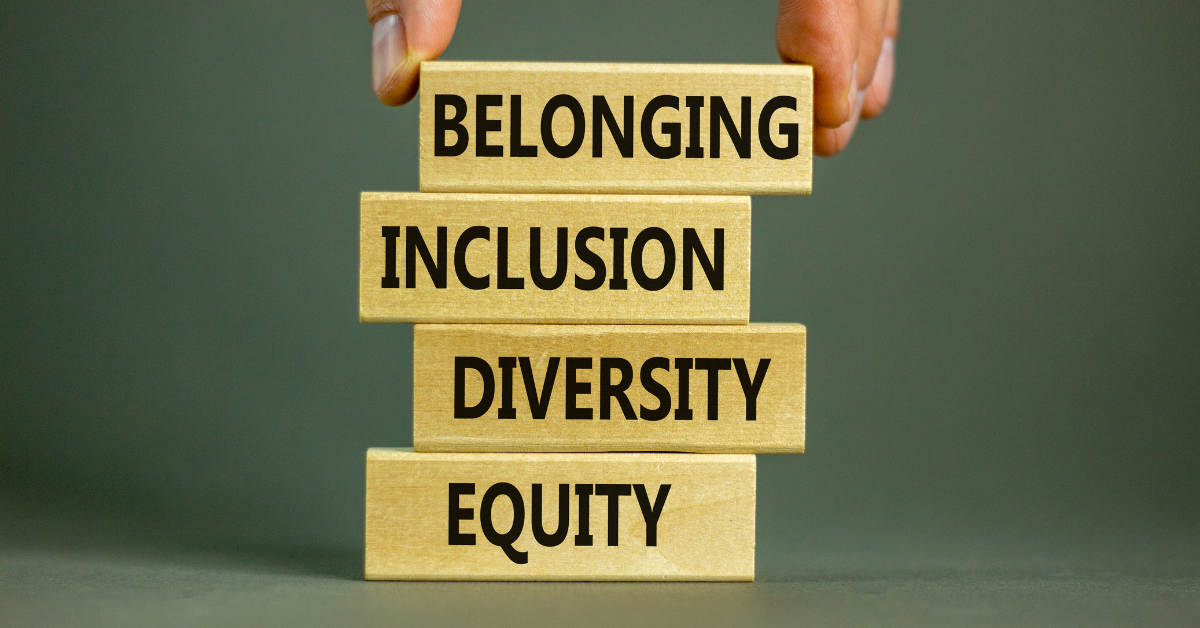
The first in a series of guest posts from Kwasi Affum, Sustainability & ESG Regulation, Analysis & Strategy, Barclays, During his series, The Uncomfortable Truth, Kwasi will be exploring issues around diversity and inclusion in the Financial Services sector (and beyond).
Unconscious Bias: Does bringing greater awareness of unconscious bias work?
Last year the former KPMG boss Bill Michael was forced to resign after telling his staff “There is no such thing as unconscious bias. Because after every single unconscious bias training that has ever been done, nothing’s ever improved.”
I first came across the term ‘cognitive bias’ in the book Thinking, Fast and Slow by Amos Tversky and Daniel Kahneman. The term refers to “our tendency to filter information, process facts and arrive at judgements based on our past experiences, likes/dislikes and automatic influences.”
Our unconscious expectations can change our behaviours towards people and the perception of bias can heavily influence what others feel they are allowed to do. Everyday we make choices based on perceptions, attitudes, and stereotypes. Without even realising it, unconscious bias can lead to preferential treatment of some and lowered expectations of others.
Moving from unconscious bias to being aware of your bias in itself is a challenge, never mind attempting to rid yourself of the bias altogether. Unconscious bias training is designed to make employees aware of patterns of discrimination and prejudice and is mandatory training for workers at many large organisations as a way of trying to combat prejudice on the grounds of race, sex, sexuality or disability.
Leaders tend to operate under immense pressure and often have to make quick decisions based on the limited information they have at hand. This results in them taking decisions because they may have worked for them in the past but that doesn’t mean it will work in a different context. A lack of experience working with people from a certain colour, race, or nationality can lead to expectations based on their limited past experiences of these minority groups. In the workplace, this can often impede minority ethnic employees from being promoted, resulting in a lack of motivation, and can leave minority employees feeling undervalued and isolated. The perceptions of unconscious bias alone can hold back minority ethnic employees from reaching their full potential.
Unconscious bias often go unrecognised even as the training has been rolled out extensively across organisations. You can observe it on Zoom meetings in how people are addressed, attitudes, language, metaphors, stories, or other behaviours and tropes that are counterproductive. It requires not just training, but both structural and cultural changes to reduce unconscious bias and potential strategies to mitigate the negative impacts requires being mindful of the external repercussions of our own way of acting.
On the one hand, awareness of our unconscious bias is essential to effective decision making; however, the fact is, awareness of unconscious bias on its own is not enough. There needs to be a drive towards inclusive actions from the senior management down. Moving from a framework of avoiding unconscious bias to a mindset of cultivating conscious inclusion.
It’s extremely difficult, maybe impossible, to rid an entire workforce of unconscious bias that can stop colleagues in the workforce from advancing. But it’s not so hard for individual managers to interrupt bias within their own teams when it comes to:
- Hiring and attracting inclusive talent
- Developing the talent you hire
- Promoting based on a meritocracy
- Paying equally
The former KPMG boss Michael went on to say that “unless you care, you actually won’t change.” On that at least, I agree with him.
*******
To hear more on this topic, please have a listen to the panel discussion from the Fintech Talents Festival – Can you bring your full self to work? Not only is it highly recommended listening, it should (in my view) be required listening.











